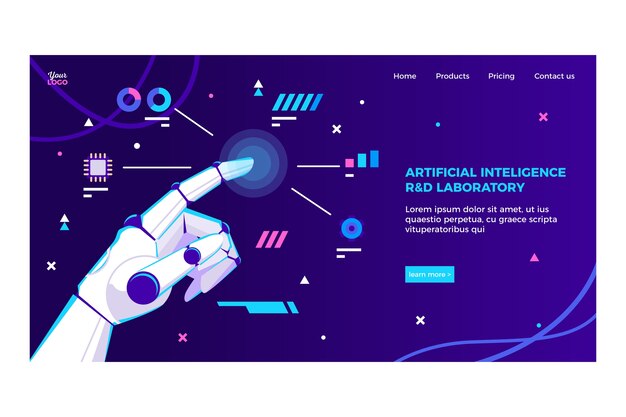NI’s Ambitious Vision for Hybrid AI

NI is redefining the role of AI in the test industry. At the end of last year, they announced the LabView AI assistant, which is currently in beta testing. Kevin Shultz, the CTO of technology and innovation, spoke with Electronics Weekly about how AI will transform testing.
Shultz highlighted that the growing complexity of today’s products, which are increasingly software-defined and integrated with AI and machine learning (ML), necessitates a fundamental shift in testing methods. “Our customers are calling for a paradigm shift,” Shultz told Electronics Weekly. “We believe intelligent testing and AI is the answer.”
Explaining further, Shultz said, “When we discuss AI, we’re referring to a mix of generative AI and machine learning. From an instrument intelligence standpoint, we’re working hard to imbue instruments with more intelligence, even pushing it to the edge at the point of measurement. Much of this involves machine learning.”
Real-time decision-making, or instrument intelligence, offers numerous benefits, such as reducing test times and transmitting only the necessary data. Shultz gave an example of RF products sampling at 20Gsample/s, noting, “You can’t move all that data to the cloud. The faster you can make decisions—from more than just a signal processing angle—you can significantly cut down test times.”
LabView AI can analyze data and specifications to present findings from generative AI during a test. Engineers can then tweak specs and follow a step-by-step process to validate results, Shultz explained. He compared it to a PC searching for and listing relevant files, but with generative AI, it’s examining the contents and ranking them by relevance. One example he provided showed that a task taking two days could be reduced to 15 minutes. “I’m not claiming we’re 60 times faster, but it does show that many steps can be quicker, allowing engineers to offload tedious tasks to AI and focus on more valuable work.” Shultz emphasized that this “expert-led” approach empowers experts while accelerating development, as the expert makes all the critical decisions, supplemented by AI.
Currently, LabView AI is in beta testing with select partners. “We’ll support AI across our existing hardware products and also enhance hardware capabilities for better data aggregation and instrument intelligence,” Shultz added.
NI’s primary business areas are semiconductors, automotive, and aerospace/defense. All these sectors are seeing products that are not only software-defined but also embedded with AI, ML, and multifunctional chips. Shultz noted that this increasing complexity presents the biggest testing challenges and the highest interest from engineers in finding fundamentally new ways to approach testing.